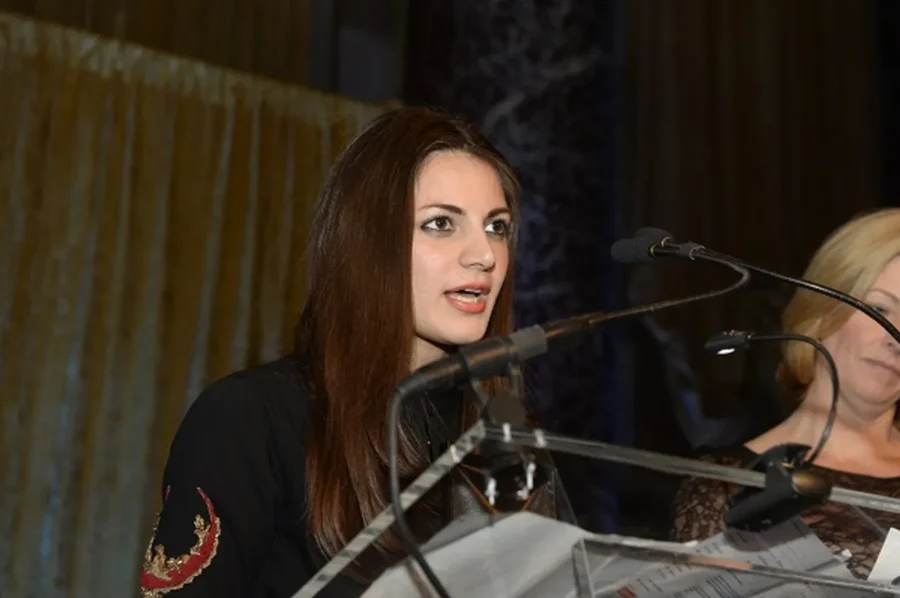A serious issue came to light when a fake AI-generated video of journalist Benazir Shah appeared on social media. The clip was posted by an account on X (formerly Twitter) and quickly gained attention. The situation became more important when Information Minister Attaullah Tarar took notice and called the act “highly condemnable.” This incident again raises concerns about deepfake videos, online harassment, journalist safety, and the misuse of AI technology in Pakistan.
Why the Deepfake Video of Benazir Shah Became a Major Issue
The controversy started when Benazir Shah revealed that an account followed by the information minister had shared an AI video falsely showing her dancing in a London club. She clarified that the clip was fake and made to harm her reputation. She posted the video saying, “#AttacksWontSilenceUs,” which many journalists supported, highlighting that these kinds of deepfakes are part of a wider pattern of online harassment.
Information Minister Attaullah Tarar’s Reaction
Government Responds to Harassment Claim
Minister Attaullah Tarar quickly responded on X, calling the act unacceptable. He said nobody has the right to create fake videos or damage a journalist’s reputation.
Minister Promises Action
He also explained that he follows more than 1,900 accounts and does not support such behaviour. He assured that action would be taken against those responsible.
Benazir Shah Rejects Using PECA and NCCIA
Why She Opposed Filing a Case
Benazir Shah appreciated the minister’s response but said she would not file a case under PECA. She argued that PECA and the NCCIA have been used to target journalists, silence critics, and suppress dissent.
Shah Calls for Better Laws
She urged the government to scrap PECA and begin a transparent consultation process to draft new legislation that truly protects journalists and citizens.
Journalists Show Strong Support on Social Media
Many well-known journalists expressed solidarity with Benazir Shah.
Zahid Gishkori’s Response
He called the deepfake a “culpable crime” and demanded that the person who created it be held accountable.
Asad Ali Toor’s Reaction
Toor said he was certain the video was fake and criticized political groups for running “dirty campaigns” against critics.
Meher Bokhari’s Message of Respect
She commented that whether it is PTI supporters harassing Shahzeb Khanzada or PML-N supporters spreading fake AI videos of Benazir Shah, none of it represents who Pakistanis should be. She reminded the public that journalists work under constant pressure and deserve respect.
Why Deepfake Videos Are Becoming a Dangerous Trend
The Rise of AI Misuse in Pakistan
With advanced AI tools easily accessible, deepfake videos have become more common. They are often used to harass, defame, mislead the public, and spread political propaganda.
Impact on Journalism and Society
Journalists already face threats, trolling, and pressure. Deepfakes add another dangerous layer, making it harder to maintain truth and trust online.
What This Incident Says About Online Safety
Need for Better Cyber Laws
This incident shows that Pakistan needs clear and fair digital safety laws that protect women, journalists, and citizens from online harassment and AI misuse.
Balancing Protection and Freedom of Expression
Experts say laws must prevent crimes but also protect freedom of speech. Misusing cyber laws to silence people is just as harmful as online harassment.
The Bigger Picture: Why This Story Matters
This case is not just about one journalist. It highlights the growing threat of AI-generated misinformation, the need for responsible online behaviour, and the importance of protecting journalists and women in digital spaces. Benazir Shah’s stand shows that journalists will keep working despite harassment, but society and the government must support them.
Conclusion
The fake AI video targeting Benazir Shah has reopened the debate on digital rights, harassment, and the misuse of AI. While the government has taken notice, the real solution lies in creating updated, fair, and modern laws that ensure online safety without suppressing free speech. Pakistan is entering a new digital era, and protecting citizens must be a top priority.



1 Comment
I just wanted to drop by and say how much I appreciate your blog. Your writing style is both engaging and informative, making it a pleasure to read. Looking forward to your future posts!